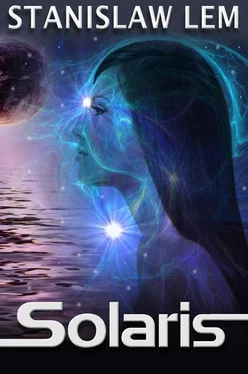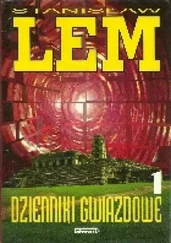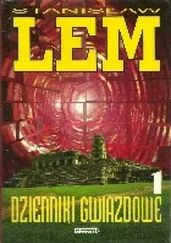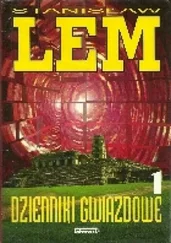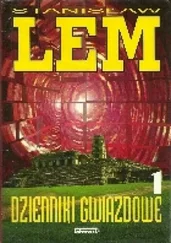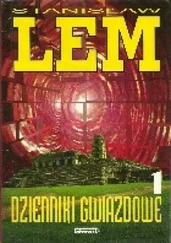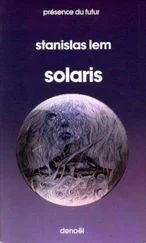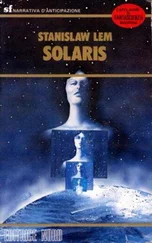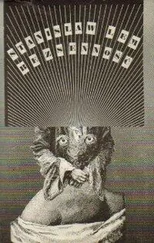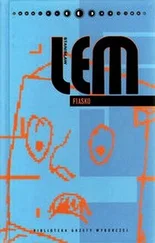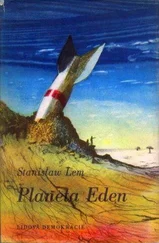Translated by Bill Johnston
Premier Digital Publishing
www.PremierDigitalPublishing.com
Follow us on Twitter @PDigitalPub
Follow us on Facebook: Premier Digital Publishing
At nineteen hundred hours ship’s time I climbed down the metal ladder past the bays on either side into the capsule. Inside, there was just enough room to raise my elbows. After I attached the end of the cables into the port jutting from the side of the capsule, my space suit filled with air and from that point on I couldn’t make the slightest movement. I stood, or rather hung suspended, in a bed of air, all of one piece with my metal shell.
Raising my eyes through the convex porthole I could see the walls of the bay and. higher up, leaning in, Moddard’s face. It quickly disappeared and everything went dark as the heavy protective cone was put in place from above. I heard the eight-times-repeated whirr of the electric motors tightening the screws. Then the hiss of air entering the shock absorbers. My eyes were getting using to the dark. I could already make out the pale green shape of the only gauge.
“Ready, Kelvin?” I heard in my headset.
“Ready, Moddard,” I replied.
“Don’t worry about a thing. The Station’ll bring you in,” he said. “Bon voyage!”
Before I could answer, there was a rasping sound overhead and the capsule shook. I tensed my muscles instinctively, but nothing else happened.
“When do I take off?” I asked, hearing a rustling noise like fine grains of sand falling on a diaphragm.
“You’re already in flight, Kelvin. Be well!” came Moddard’s voice in my ear. Before I believed it, a broad gap opened up in front of my face, through which I could see stars. I tried in vain to spot Alpha Aquarii, towards which the Prometheus was now headed. The sky in this part of the Galaxy meant nothing to me; I didn’t know a single constellation, and all I saw through the porthole was glittering dust. I waited for the stars to start smoking. I didn’t get to see it. They merely began to fade and disappear, dissolving against a reddening background. I realized I was in the upper strata of the atmosphere. Stiff in my cocoon of pneumatic cushions, all I could do was look straight ahead. There was still no horizon. I flew on, not feeling any movement, but slowly and insidiously my body grew hotter and hotter. Outside there arose a soft penetrating twitter like the sound of metal against wet glass. If it weren’t for the numbers flashing on the gauge I wouldn’t have been aware of the speed of my descent. The stars were gone. The porthole was filled with a ruddy-colored brightness. I could hear the heavy beat of my own pulse. My face burned; on my neck I felt cold blowing from the air conditioning. I regretted not having managed to see the Prometheus —it must have been out of sight by the time the porthole automatically opened.
The capsule shuddered once and twice, vibrated in a disagreeable way; the shaking passed through all the layers of insulation and cushions and entered deep into my body. The green face of the gauge grew hazy. I stared at it without being afraid. I hadn’t come all this way only to perish at my destination.
“Come in, Solaris Station,” I said. “Solaris Station. Solaris Station! You need to do something. I think I’m destabilizing. Solaris Station, this is newcomer. Over.”
And once again I’d missed the crucial moment when the planet came into view. It extended vast and flat; from the size of the streaks on its surface I could tell I was still a long way off. Or rather, a long way up, since I’d already passed that intangible boundary where distance from a celestial body becomes altitude. I was descending. Still descending. I could feel it now, even when I closed my eyes. I opened them at once, because I wanted to see as much as possible.
I waited out a minute or so of silence then called again. I received no response this time either. Crackling volleys of static repeated in my headphones, against the background of a hum so deep and low it seemed to be the voice of the planet itself. The orange sky in the spy hole covered over with a film. The glass darkened; I flinched involuntarily, insofar as the pneumatic swathes permitted it. Then, a moment later, I realized these were clouds. A whole host of them moved abruptly upwards as if blown. I was still flying, now in sunlight, now in shadow, because the capsule was turning on its vertical axis and the huge, swollen-looking face of the sun was passing smoothly across my eyes, appearing on the left and setting on the right. All at once, through the crackle and the hum, a distant voice began talking right in my ear:
“Solaris Station to newcomer, Solaris Station to newcomer. AOK. Newcomer is under control of the Station. Solaris Station to newcomer, prepare for docking at zero hour. Attention, commencing countdown. Two hundred fifty, two hundred forty-nine, two hundred forty-eight…”
The individual words were separated by split-second mewing noises that showed it was not a human talking. That was strange, to say the least. Usually, every living soul would run to the docking bay when someone new was arriving, especially someone directly from Earth. I didn’t have time to think about it, however, because the huge circle that the sun had been turning around me stood on end along with the plain towards which I was dropping. After this movement there came another in the opposite direction; I was rocking like the bob of a huge pendulum, fighting back dizziness. Against the expanse of the planet rising vertically like a wall, striped with dirty lilac-colored and blackish streaks, I spotted a fine checkerboard of white and green dots that marked the location of the Station. At the same time, something detached with a snap from the exterior of the capsule — the long necklace of an annular parachute, which flapped abruptly. In this noise there was something unutterably terrestrial — after so many months, the first real sound of wind.
Everything began to happen very quickly. Up till now I’d only known that I was falling. Now I could see it. The white-and-green checkerboard was getting rapidly bigger. I could already see it was painted on an elongated, whale-shaped hull glistening silver, with the needles of radio antenna protruding from its sides, and rows of darker window openings; this metal colossus wasn’t resting on the surface of the planet but was suspended above it, its shadow moving across an inky background in the form of an elliptical patch of even more intense blackness. Simultaneously I noticed the violet-flushed furrows of the ocean, which betrayed a faint motion; the clouds suddenly rose high up, their edges marked with dazzling crimson, the sky between them grew distant and flat, dull orange in color, and everything became blurred: I’d entered a spin. Before I could utter a word, a brief impact returned the capsule to a horizontal position, and the ocean, glittering with a mercuric light to the very limits of the horizon, appeared in the spy hole. The droning cords and rings of the parachute suddenly detached and flew off over the waves, carried by the wind; the capsule rocked softly with that particular slowed-down motion characteristic of an artificial force field, and moved downward. The last thing I was able to see were lattice work flight catapults and the grids of two radio telescope dishes that looked to be several stories high. Something immobilized the capsule with a terrifying noise of steel striking firmly against steel. Something opened up beneath me, and the metal shell in which I’d been rigidly encased ended its hundred-and-ten mile journey with a prolonged wheezing sigh.
Читать дальше
